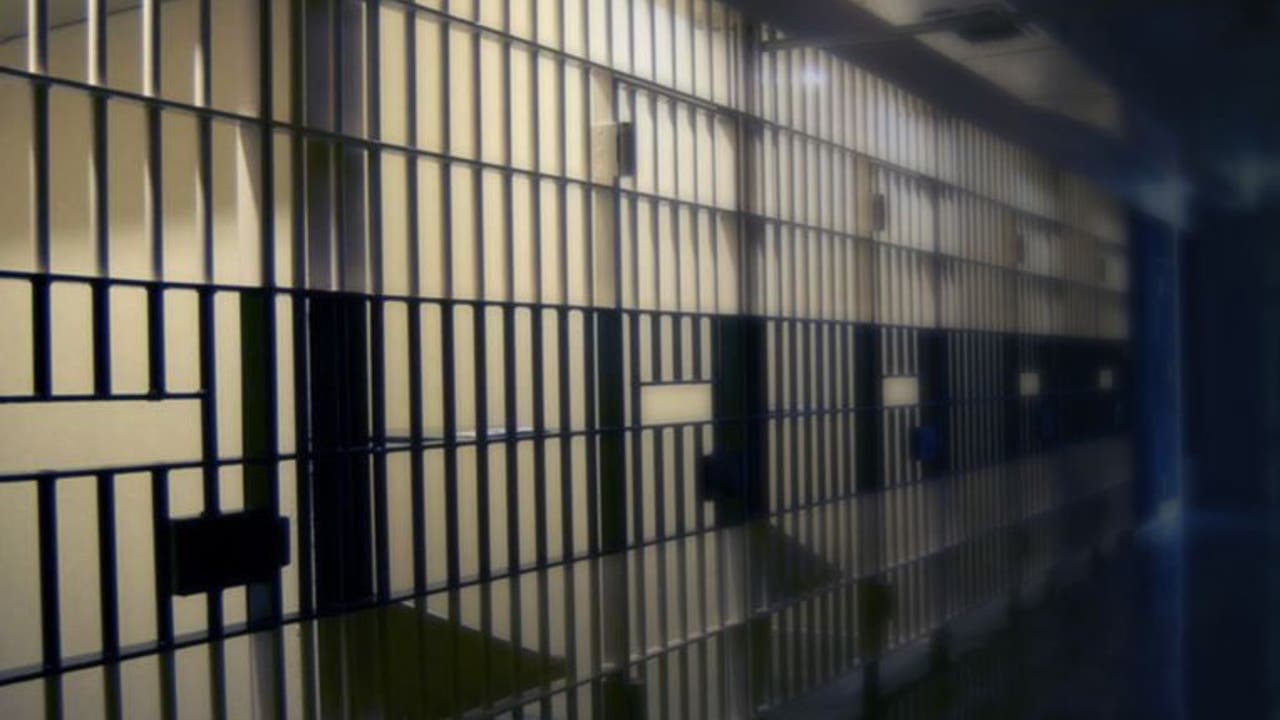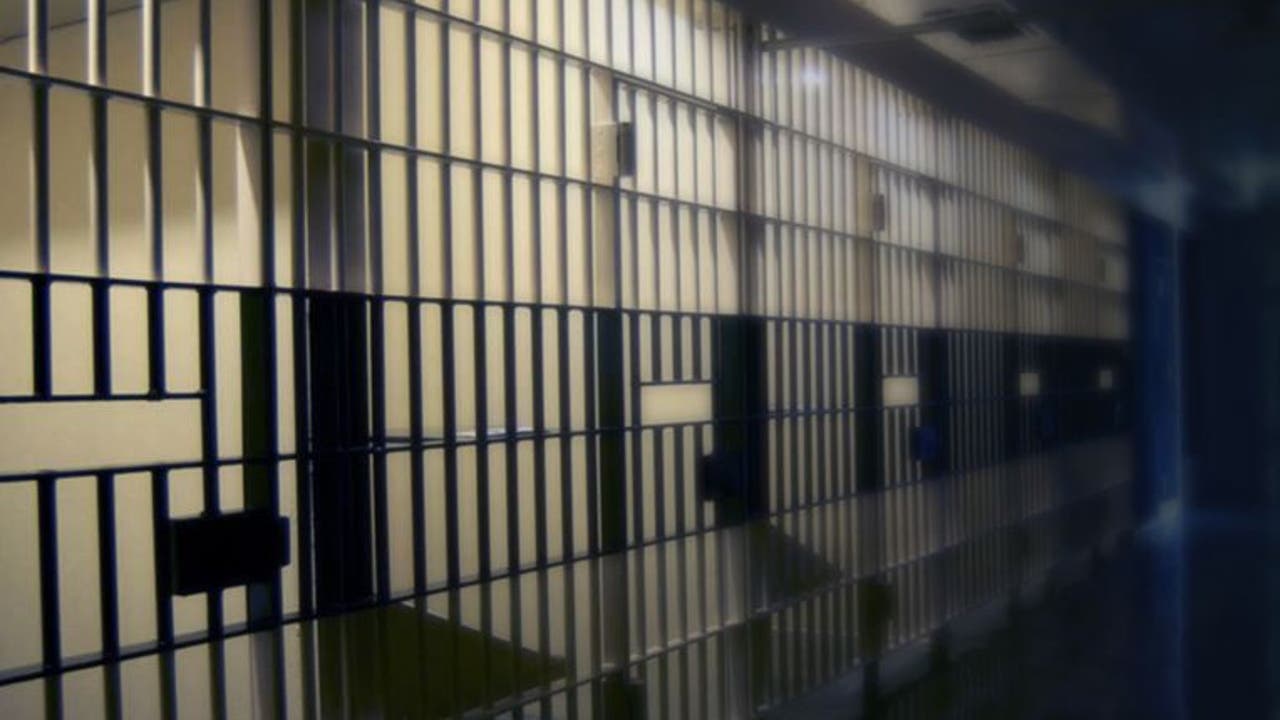
The Brief
Support kami, ada hadiah spesial untuk anda.
Klik di sini: https://indonesiacrowd.com/support-bonus/
- A suggested amendment to the Texas constitution that would prevent bail for specific repeat offenders did not pass in the House.
- The proposal was nine votes shy of the 100 required to place it on the ballot for a public vote.
- This rejection indicates that an essential component of Governor Abbott’s bail reform initiative will not proceed as a proposed constitutional amendment.
AUSTIN, Texas
–
A suggested revision to the
Texas
A proposed constitution that aimed to prevent bail for repeat violent criminals did not pass in the House on Tuesday afternoon.
Senate Joint Resolution 87
came up three votes shy of the required 100 to place the constitutional amendment on the ballot. At the moment of voting, the proposal was backed by every Republican present as well as only nine Democrats.
Senate Joint Resolution 87
The proposal would have resulted in an automatic denial of bail for individuals who were charged with specific felonies if they had prior convictions for felonies or were already released on bond when the new offense was allegedly committed.
Support us — there's a special gift for you.
Click here: https://indonesiacrowd.com/support-bonus/
This proposed amendment stipulated that judges must establish probable cause indicating the accused had engaged in one of the following crimes: homicide, capital murder, severe physical harm from an aggravated assault, armed robbery, forcible rape, molesting a child, human trafficking, or persistent human trafficking.
The motion was defeated with a vote of 93 against and 32 in favor when discussed on the floor on Monday.
What they’re saying
People who backed the proposal argued it was necessary to prevent individuals with a high risk of offending from being freed prior to their trials.
They mentioned it would alleviate the burden from judges who determine bail in high-stress or aggressive situations.
“If this resolution had passed two years ago or four years ago, we can be sure that lives would have been saved since people wouldn’t have been murdered by others who were out on bail,” Representative Mitch Little stated.
The other side
People opposed to the resolution contended that it infringes upon an individual’s entitlement to due process and erodes the principle that one is innocent until proven guilty.
They mentioned that the amendment could lead to increased financial hardships for individuals still incarcerated who might eventually be exonerated.
“Why not lock up all people accused of crimes indefinitely for fear that they may do something?” Rep. Joe Moody said. “I guarantee a handful of lives will be saved by doing that, too. But at what cost? The cost of our liberty. The cost of the state inflicting immense, life-destroying punishment on people who haven’t been convicted of anything.”
Texas bail reform
SJR 87 is merely part of a broader initiative within the state legislature aimed at overhauling the bail system in Texas.
Governor Greg Abbott has made bail reform an objective during this legislative session.
Last week, the House approved Senate Joint Resolution 5 and Senate Bill 664.
Senate Bill 40
and Senate Bill 9.
Senate Joint Resolution 5
SJR 5 would
add a constitutional amendment
mandating that judges must automatically refuse bail for serious offenses such as murder, rape, or human trafficking, unless they can clearly and convincingly demonstrate that the accused will show up for their trial and pose no threat to public safety.
Under the new system, judges who grant bail to violent offenders would need to provide written explanations for their decisions. Prosecutors would have the opportunity to contest these bail rulings made by the judges.
The proposed amendment will appear on the ballot for a public vote in November.
Senate Bill 40
Passed with a 113-30 vote,
Senate Bill 40
Would stop cities from utilizing public funds to pay for defendants’ release from custody.
This legislation aids in guaranteeing that tax dollars are utilized for expenditures related to community protection, such as police services, state attorneys, and jail management.
Senate Bill 9
Senate Bill 9
Would stop a judge from providing a cashless personal bond for specific infractions.
According to the legislation, the state has the option to contest bail rulings if the prosecution believes the sum is too low. This provision would require the accused to remain incarcerated for as long as 20 days during the review of the appeal.
Texas bail laws
Abbott has made bond reform a top priority.
At present, only those accused of capital murder are not allowed bail.
Why you should care
Since bail is included in the Texas Constitution, changing it necessitates a constitutional amendment. This process demands a two-thirds majority approval in both the Texas House and Senate.
One of the seven urgent matters outlined by the governor at the beginning of the year was bail reform.
According to the Texas Constitution, bail is a fundamental right for most individuals who have been arrested. However, this does not apply to those accused of capital murder, specific offenders facing repeated felony charges, or cases where bail was previously breached.
What is bail?
Dig deeper
The bail is the sum of money a person charged with an offense has to pay so as to get out of prison. This mechanism aims at encouraging defendants to show up for their court dates. If the individual pays the entire bond themselves and attends every hearing, this payment can be returned to them.
Individuals who cannot cover the entire cost have the option to use a bail bond agency, which typically demands an initial, non-refundable fee equaling 10% of the overall sum. As part of this arrangement, the bail bond firm ensures the remaining balance will be covered should the accused fail to show up for their hearing.
At other instances, a judge has the option to free a defendant through a personal recognizance bond without requiring any monetary payment, relying instead on the defendant’s word that they will show up for all scheduled court appearances.
The Source
The details about the bail reform bills are sourced from the Texas Legislature and statements made during debates in the House. The background regarding Governor Abbott’s initiative for bail reform is derived from earlier reports by FOX News. Information concerning Texas’ bail laws originates from the state constitution. Definitions related to bail have been taken from the American Bar Association.







